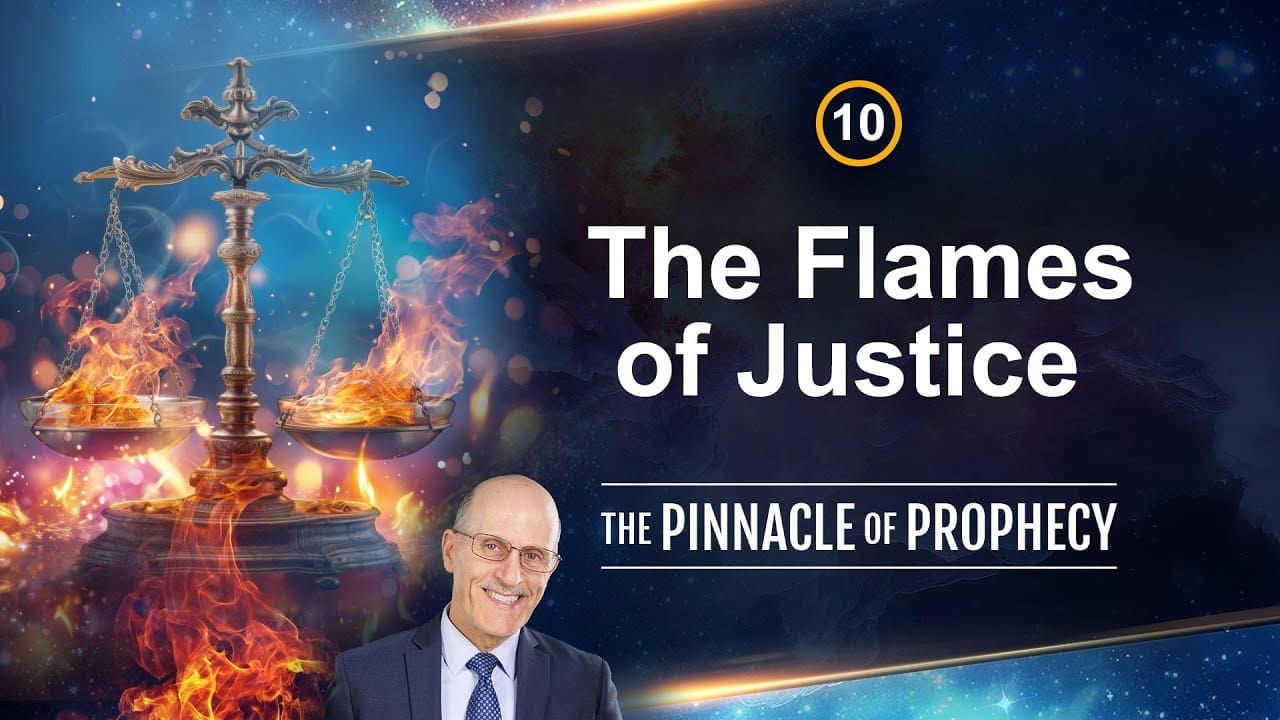Did you know that in Scripture, the term “forever” is often used in a conjunction with an event that has already taken place?
This is evident in examples like Hannah’s pledge regarding Samuel’s service in the temple where he would abide “forever” (1 Samuel 1:22) She meant that Samuel would serve in the temple for “as long as he lives” (verse 28). Jonah’s statement about being in the belly of the fish “forever” (Jonah 2:6), we know he was only there for three days and three nights.” In these instances, “forever” simply refers to a finite period of time, not eternity.
Moreover, biblical passages like Romans 6:23 and Ezekiel 18:4 clearly state that the penalty for sin is death, not eternal life in hellfire. The concept of eternal torment is challenged by verses such as Malachi 4:1, which speaks of sinners being reduced to ashes, and Psalm 37:10, which declares that the wicked shall be no more.
The idea of sinners suffering eternally in hell contradicts the biblical portrayal of God’s justice and mercy. It was the devil who first suggested that sinners would not die, and a belief in eternal torment would validate his deception and undermine God’s truthfulness.
Ultimately, the purpose of hellfire is seen as the eradication of sin and the removal of its presence from the universe, rather than the eternal punishment of sinners.








